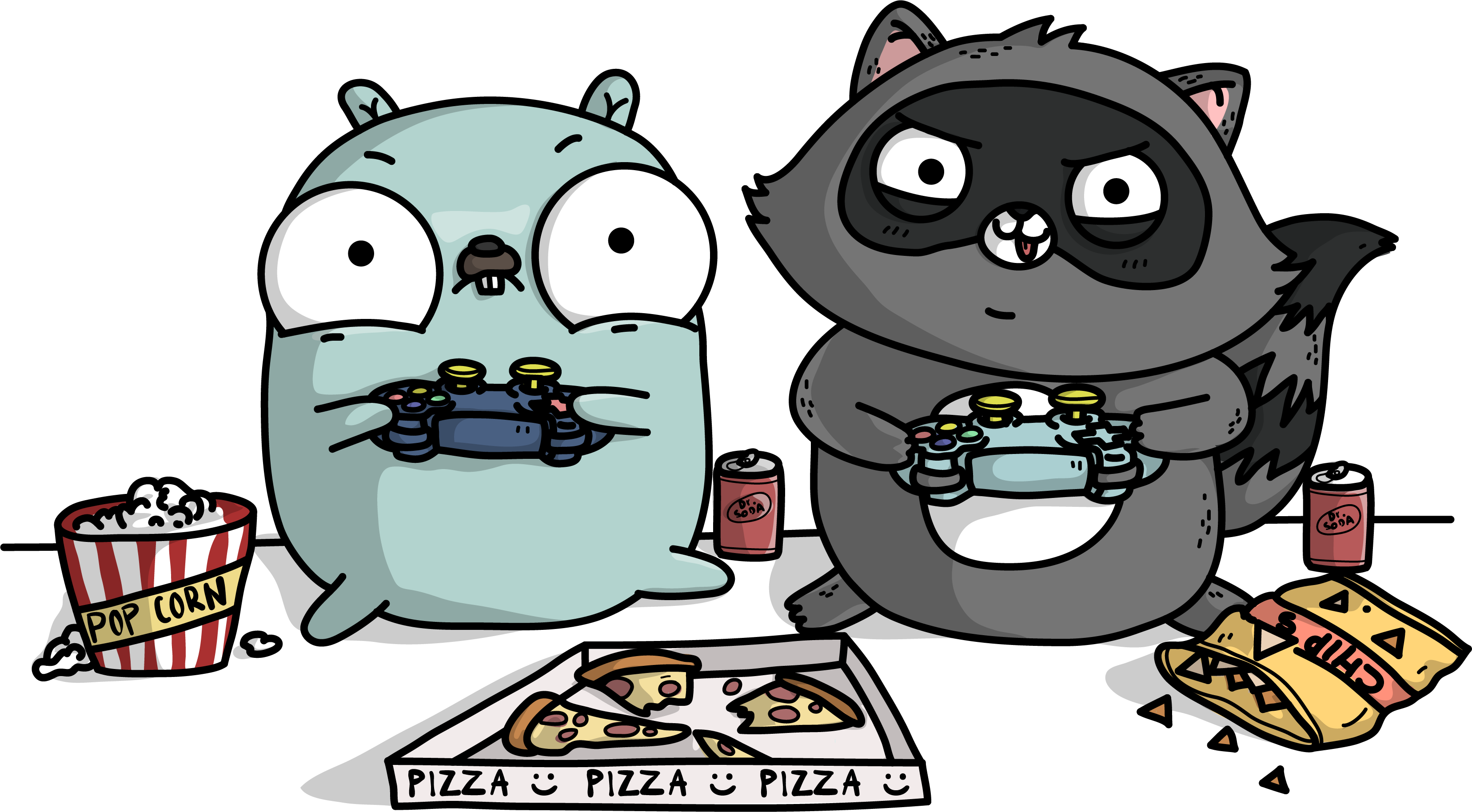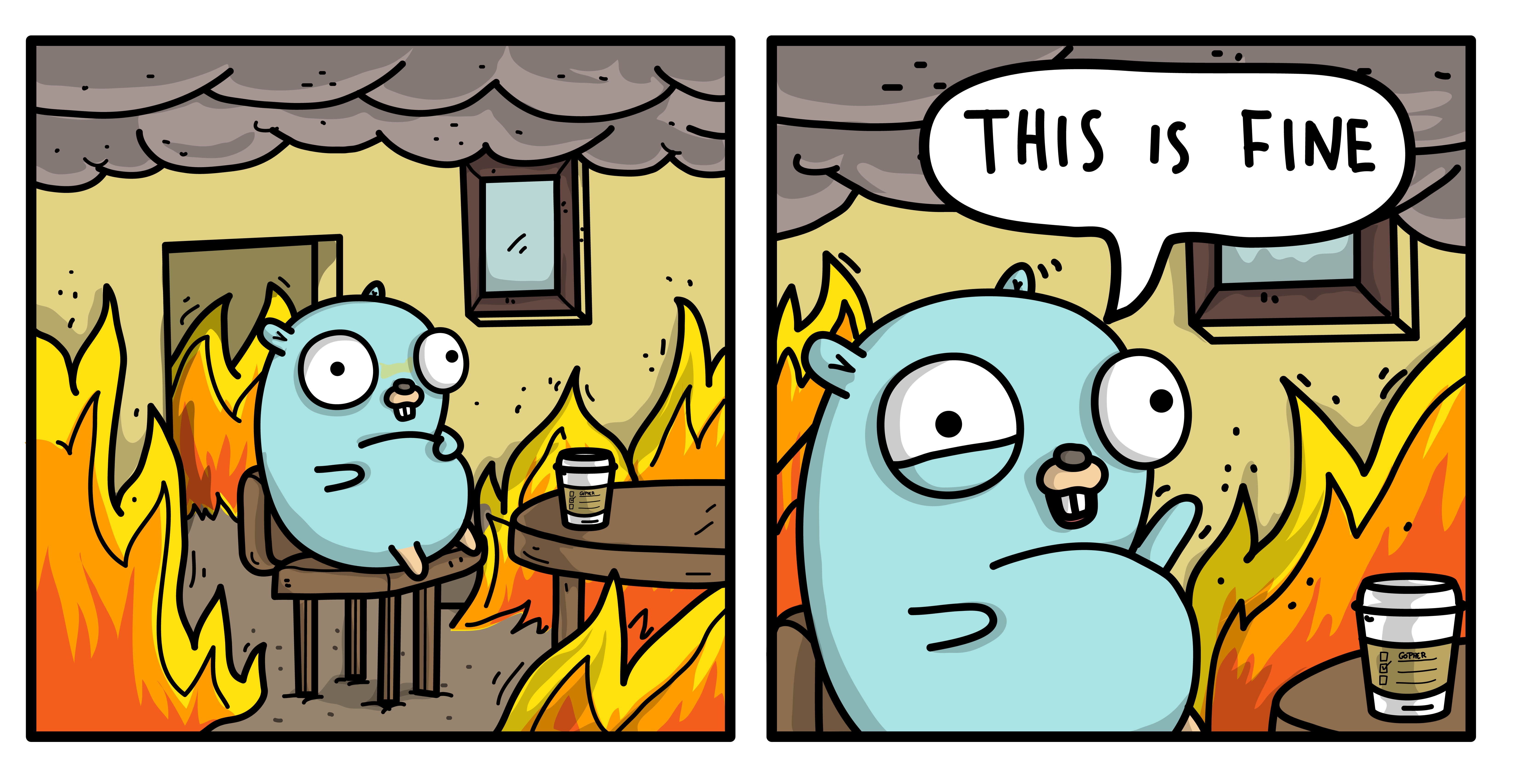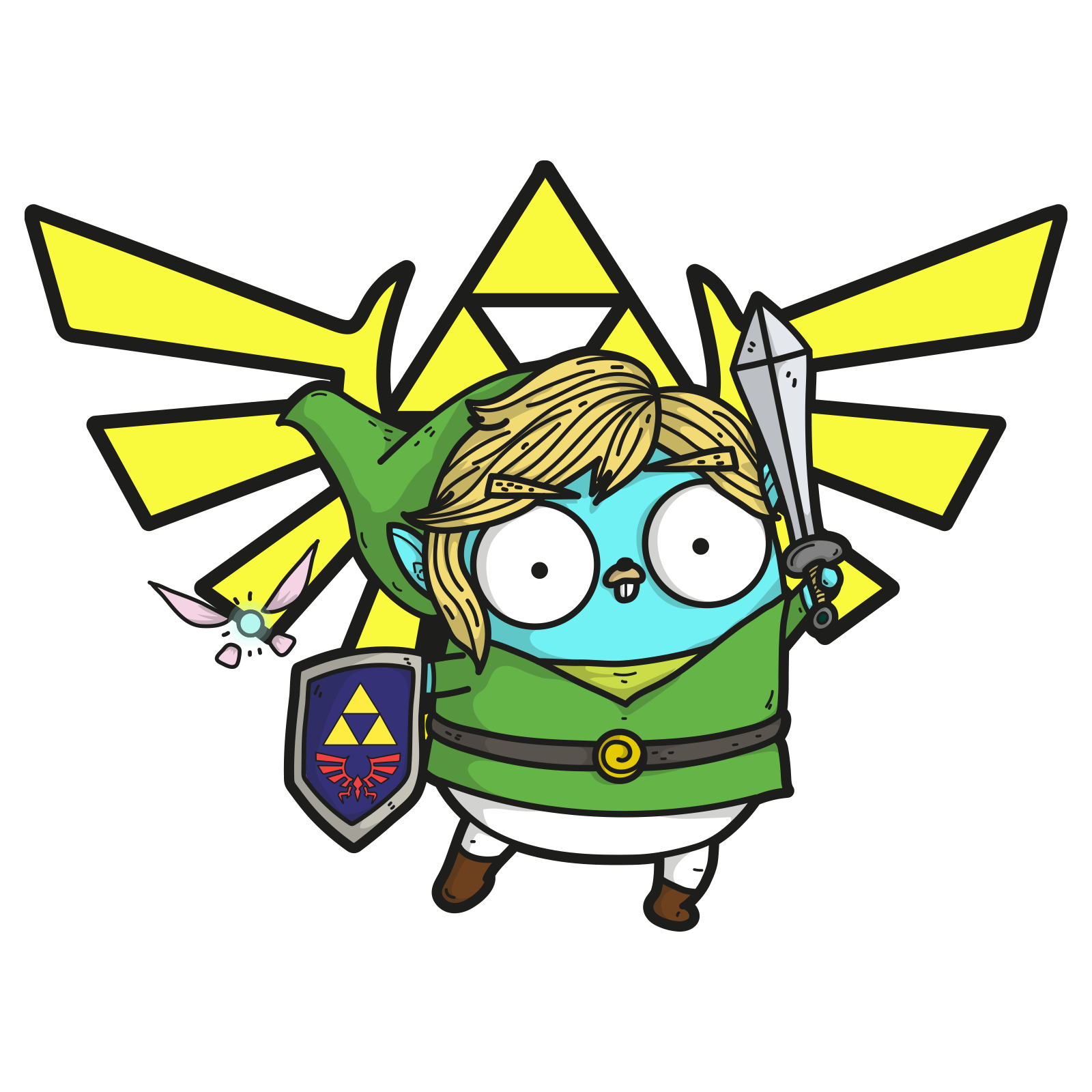The wonderful world of streaming
Almost a year ago now, I found myself becoming increasingly interested in the Twitch.tv streaming platform. I hadn’t paid much attention to it up to that point. I knew what it was and what it was used for since the days of Justin.tv (some background here), it just didn’t really intrigue me at the time.

I have always loved video games, and my very first video game system was the Nintendo Entertainment System back when I was about 3 years old. I remember those late-night gaming sessions with my siblings from long ago. There was always something so enjoyable about watching someone else play video games. Watching how they respond to situations, how they reacted to them in and out of the game.
To me, this is what streaming is really about – human interaction.

If you’re like I was, you might be asking yourself, “why do people enjoy watching people play video games on streaming platforms?” I can really only speak for myself, but I’d argue a large portion of people who like to watch streamers play games (or paint, or make music, or write code, etc.) simply enjoy watching and interacting with people. They enjoy seeing the reactions, the different ways we all handle situations - the human element of life.
Another explanation might be that a large number of people feel introverted. This is true for me as it is true of many of my friends. I know this might seem contradictory being I sing for a cover band, I live stream on Twitch, and I give presentations to large groups of people for work, but I am much more at peace in the privacy of my own home or around my immediate family than I am out in public places. My music/streaming/career are my outlets. They keep me balanced and help me reach out to other people.
They keep me connected to other people.
In my world of feeling more comfortable being a homebody, these things are the conduit for my human interaction. That doesn’t mean I feel 110% comfortable doing these things, but they are what works for me as a self-proclaimed introvert. Everyone is different here.
Now, I can really only speak for myself, but being a viewer on Twitch allows me to interact with a person who is doing something I enjoy watching. I’m also able to interact with other people watching the same streamer I am. We’re separate at that time (not in the same room), we’re as private as we need or want to be, but we’re still connecting on a human level.
Why do I stream?
From the streamer’s point of view, it’s still about the interaction with other like-minded people. I found that starting to stream was the hardest part. Getting over the idea that you’re being broadcast to a large audience and that everything you’re doing is live is kind of a big hurdle, or it was for me at least.
Streaming games also has gotten be back into a downtime (after work) cadence to decompress with friends. It’s also expanded my online friends quite a bit. It is very rare that I jump on to stream that I’m not bombarded by people who are genuinely excited to see me online and would love nothing other than to play a game with me. It helps keep my heart happy.
Why is it hard to stream?

There is one major point that really makes streaming difficult for people, in my opinion. We don’t like to show our mistakes. When you’re streaming, everything you do is broadcast live. There are no edits when you’re live. We as people do not enjoy showing rough drafts. We don’t typically like revealing things before they are as perfect as we can get them. We generally only like to show our finished product.
Streaming while learning something means showing the entire process. There are no cuts or retakes. Any issues or things that might be embarrassing are streamed for all of your viewers to see in real-time with a minor delay. To give an example, I’ve had streams go south when a Windows update decides it’s best to restart my operating system in the middle of a game that I’m currently playing/streaming. I have to switch out scenes on the fly to make sure my stream isn’t showing something I don’t want to show as the machine shuts down or as it comes back up. I also have to make sure I get the stream back on track when it does. All of this is being streamed live to my audience when it happens.
These types of things were embarrassing at first, but the interaction with my viewers made me realize something. They enjoy seeing these types of real situations happen. They don’t want to see the polished version of me, they want to see the real version of me. They want to interact with me as a real person, mistakes and all.
No one is perfect.
That’s when I started to realize there was a connection between the work I currently do and the world of streaming. Many people who work in the industry I work in often feel something called imposter syndrome.
Imposter syndrome at a very high level is when someone feels like they are not worthy of their own input, usually in terms of a job or role they are filling. People who experience this will sometimes feel as though they are where they are in their career because of luck and often end up internalizing and diminishing their own successes and self-worth as a result.
To give a personal example, I have been working in the field of hosting technologies since 2005. I’ve worked many roles such as Monitoring Technician, Linux Systems Administrator, Solutions Architect, DevOps Engineer, to name a few. I’ve written and shipped code for projects in several companies for tools and systems that are still in use today.
That said, I often don’t feel like I am a true developer. I’ve struggled with feeling like my code and input were not worthy on projects in the past. I’ve thought that I was possibly be in the wrong role at those times and that I ended up there by sheer luck.
This isn’t an uncommon feeling in our field, and it likely isn’t an uncommon feeling in many fields. The problem with feeling like this, at least in my case, is it has caused me hesitation to act when it hits me. I end up feeling like what I’ve worked on for a particular project is not worthy of discussion, for example, so I end up redoing it several times over. I hesitate to show the real side of me – the struggle as I learn new things. I would wager most of us are the same way, but I can really only speak for myself.
Developers use Google and Stack Overflow.
For the longest time I thought I wouldn’t be a real (in my own mind) developer until I didn’t need to rely on Google or Stack Overflow so much. Then I started working alongside senior developers. You know what a senior developer does? They refer to documentation via Google searches, all day long. Working with an API? Docs are open. Using a specific language? Those docs are up, too. Issue you’re stumped on? Stack Overflow to the rescue. Most of what we do is trial and error and searching for some direction to solve a particular problem via past experience or documentation.

When people have issues, they often look to other people who have been in similar situations to ask if they’ve experienced this before. We want to learn from other people’s actions, it’s in our nature to do this. I’ve talked to many people in this industry about their thoughts on imposter syndrome, and the majority that I’ve spoken with on this agree that it is a very common mindset - often one they struggle with themselves. I can tell you, from my experience, it is also very self-defeating.
This is where streaming can help us all!
Now, I know what you might be thinking – streaming is really only useful for gaming, right? I would argue that streaming is not really about gaming at all, even though that’s where streaming really got it’s foothold. At the core, streaming is about human interaction. We want to know that we can relate to people. We want to know that people are like us and that what they deal and enjoy are similar to what we deal with and enjoy.
We need to show the learning process.
This isn’t as true with gaming, but with streaming things like learning how to write in a new programming language, it’s super important to show the learning process when possible. This is often the most stressful/embarrassing part for people, but I feel that it’s absolutely necessary. Continuing with the example of learning a new programming language, viewers who might join a stream that is described or titled as a first-time user learning while streaming are likely users who are either:

- learning the programming language as well.
- curious as to what that process really looks like for people.
- interested or curious in what a developer/programmer does.
- already using the language and would like to lend a helping hand.
It all boils down to the human interaction and feeling like a viewer can relate to the streamer in some way. In terms of the field I’m in, I think it is wildly important that people see how messy and often times frustrating something like learning a new programming language can be. Everyone has to start somewhere, and that somewhere can be intimidating at times for newcomers. Doing things like this live helps demystify the process and the stigma that is often carried around roles like this.
Stream all the things!
Hopefully this rambling has helped people feel more empowered about what they’re working on. Don’t ever feel like what you’re doing isn’t good enough. If you can focus on making progress for yourself first, the rest will follow! ❤️
If you’re wanting to become a streamer and aren’t sure where to get started, I’d recommend checking out Twitch.tv. Aside from the tools required to stream that you possibly already have, the account and ability to stream on Twitch are totally free! Some basic things you’re going to need to get started are:

- computer/laptop capable of streaming
- internet connection capable of streaming
- free Twitch.tv account
- microphone (this isn’t necessarily required as you can type and respond to chat, but it’s a pretty important piece of communicating with your viewers in a fluid manner).
- webcam (this isn’t as important as a microphone, but it adds another human element to a stream)
- software to stream with (I use and recommend Open Broadcaster Software as it’s open source and free – and there are tons of tutorials on it)
Twitch has an entire section of documentation and tutorials for Beginner Broadcasting that covers really everything you’ll need to know to get started. I’d recommend heading over there for more detailed information.
So, what am I really trying to say?
Despite popular belief, I feel streaming is not solely centered around gaming. I also believe gamers and those who like to watch gaming streams can also find similar relatability to other types of streams, like learning how to write code or build some interesting internet connected devices. In fact, I’ve polled my Twitch audience several times about this. The answer is always a resounding, “yes” – they’d like to see me stream tech and developer related content, even though the majority of my viewers do not work in this field. They simply want to connect with me as a person. The human interaction is what they value most.
Some streamers you should check out!
You can check out streams for some of my coworkers on Twitch if you’re interested in watching streams like this. Some of us already have developer related streams going, some will be starting this in the near future. Here are some links for these awesome people:
- Suz Hinton – Twitter / Twitch
- Anthony Chu – Twitter / Twitch
- Bryan Liston – Twitter / Twitch
- Aaron Wislang - Twitter / Twitch
- Abel Wang - Twitter / Twitch
As for me, you can always reach out on Twitter or you can find me on Twitch. I generally stream gaming related content later at night after work, but you’ll find a mixed bag of gaming and tech on my channel.
One quick note - the awesome gopher art on this blog post is courtesy of the amazing Ashley McNamara. Follow her on Twitter - and be sure to check out her awesome gopher art Github repository here. 😄
As always, please feel free to reach out if you’d like a hand with any of this or would just like to chat. I’m always happy to help! =]
